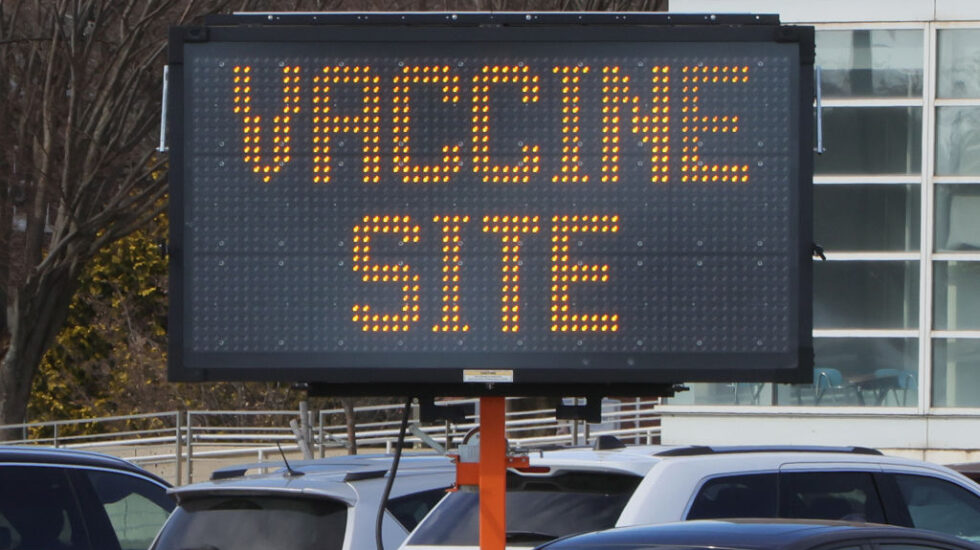The Covid-19 pandemic isn’t over. Far from it.
In fact, it may never be “over” — except in the same sense as influenza, which returns annually, forcing constant adjustment of the anti-flu vaccine. And even that is just guesswork at this point.
There’s only one apparent certainty: thousands more Americans will die before the outbreak abates.
But there’s a bright spot amid the gloom and doom: the vaccines developed at breakneck speed really do work.
And that’s a “stunning scientific achievement for the world … unprecedented in the history of vaccinology,” Harvard virology and vaccine expert Dan Barouch told Axios.
Barouch is an insider: he worked on the Johnson & Johnson vaccine, which like the other vaccines was developed in less than a year, one-tenth the average time required for traditional vaccine development.
“All four vaccines or vaccine candidates in the U.S. — from Pfizer, Moderna, AstraZeneca and Johnson & Johnson — appear to prevent coronavirus deaths, and to offer total or near-total protection against serious illness,” Axios says.
We still have a “grim winter” ahead, Zeynep Tufekci, a University of North Carolina sociologist who has accurately predicted the spread and effects of the Covid virus recently told Ezra Klein of the New York Times.
“But on the vaccine front, we have hit home runs that were so unlikely if you look at the history of this … they are going to be referred to as some of the greatest achievements of science,” Tufekci said, adding that this is “the kind of thing you would have national celebration and fireworks and church bells ringing and all of that.”
But before the celebration, consider the statistics.
According to the Johns Hopkins Coronavirus Tracker, more than 27 million Americans have tested positive for Covid as of Monday morning — and 463,539 have died.
Nearly 32 million Americans have received at least one dose of one of the vaccines (including 9 million who’ve received two). That’s about 9.6% of the national population, according to the Washington Post.
And consider the demographics: of the Americans who’ve gotten at least one shot, more than 60% are white, 11.5% Hispanic, 5.4% Black, and others — including Asians and Native Americans — total around 22%.
Which is why the Biden administration is launching a plan to send about a million vaccine doses a week to pharmacies “that initially will be selected based on proximity to minority and underserved communities, where people have been hit harder than the broader population,” says the Wall Street Journal.
In his remarks during Sunday’s Super Bowl, President Biden laid much of the blame for our current Covid and economic plight on the Republican Party.
Another glimmer of good news: Johns Hopkins reported on Monday that the number of new coronavirus cases dropped below 100,000 on Sunday — the first time that’s happened since early November. And deaths are down, too, reports The Hill, citing a Times report that says 1,301 Americans succumbed on Sunday, compared with 4,406 on Jan. 12.
“No matter how hard you squint, or what angle you look at it from, the coronavirus vaccines are a triumph,” writes Sam Baker for Axios. “They are saving lives today; they will help end this pandemic eventually; and they will pay scientific dividends for generations.”
But Baker goes on to summarize our current situation, and however bright the future might be, right now it’s dark and ugly.
“Our biggest problems are not with the vaccines, but rather the processes that surround them,” Baker writes.
“Supplies need to increase; distribution needs to become far more efficient; we need to ensure that people get their second shots, when applicable; and people need to be willing to get vaccinated once they’re eligible.”
Baker calls it “a long and difficult to-do list,” but “if we can get the process right, the vaccines themselves are powerful enough to do the job.”



